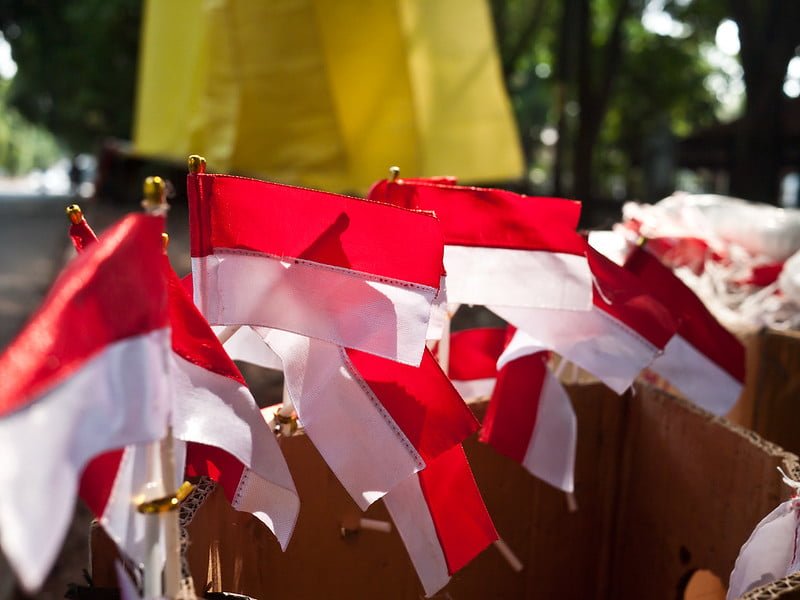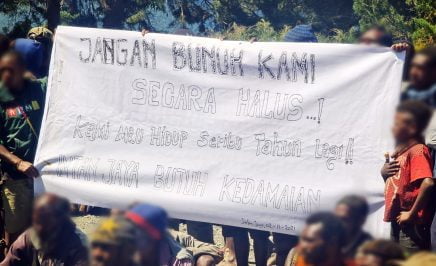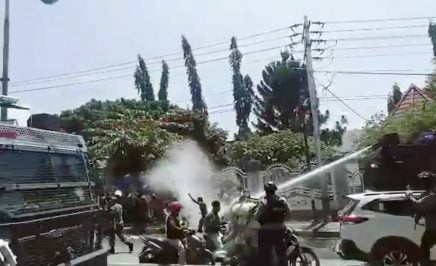Responding to President Joko Widodo’s announcement today about reparations to be granted to the victims of twelve cases of past human rights violations in the country, Amnesty International Indonesia Executive Director, Usman Hamid, said:
“While we welcome the step towards acknowledgement of the suffering inflicted on the victims of torture and other human rights violations across the country, they must include accountability – bringing all those suspected of criminal responsibility for crimes under international law and human rights violations to justice in fair trials before ordinary civilian courts – and put an end to impunity.
“The government’s recent demolishment of the remains of Rumoh Geudong in Aceh, the place where the president made the announcement, raises the question of whether the state authorities are serious about thoroughly investigating the crimes that were committed there and in other places, as key evidence was destroyed.
“Those suspected of criminal responsibility, some of whom remain close to government circles, must stand trial for their alleged crimes. In the absence of bringing full justice to the victims and their families, these proposed reparations will likely prove futile.
“President Joko Widodo must go beyond token compensation. The government must ensure that proper judicial mechanisms are put in place, to investigate, collect evidence and bring all those suspected of criminal responsibility for their crimes to justice in fair trials, rather than reinforce confidence that there are people above the law and scrutiny.”
Background
According to Indonesia’s National Human Rights Commission, the Rumoh Geudong house was used as a venue for the torture of civilians allegedly affiliated with the Free Aceh Movement when Aceh Province was under the status of a Military Operations Area between 1989-1998.
In January, President Joko Widodo publicly acknowledged 12 specific events in recent Indonesian history as gross human rights violations, including those from Rumoh Geudong. The full spectrum of events mentioned by Widodo cover the period from 1965 to 2003, dating back to an anti-communist crackdown in the mid-1960s that killed an estimated 500,000 people.
The out of court reparations announced today consists of economic assistance, repair and procurement of homes, scholarships, and the restoration of citizenship rights of those in exile.









